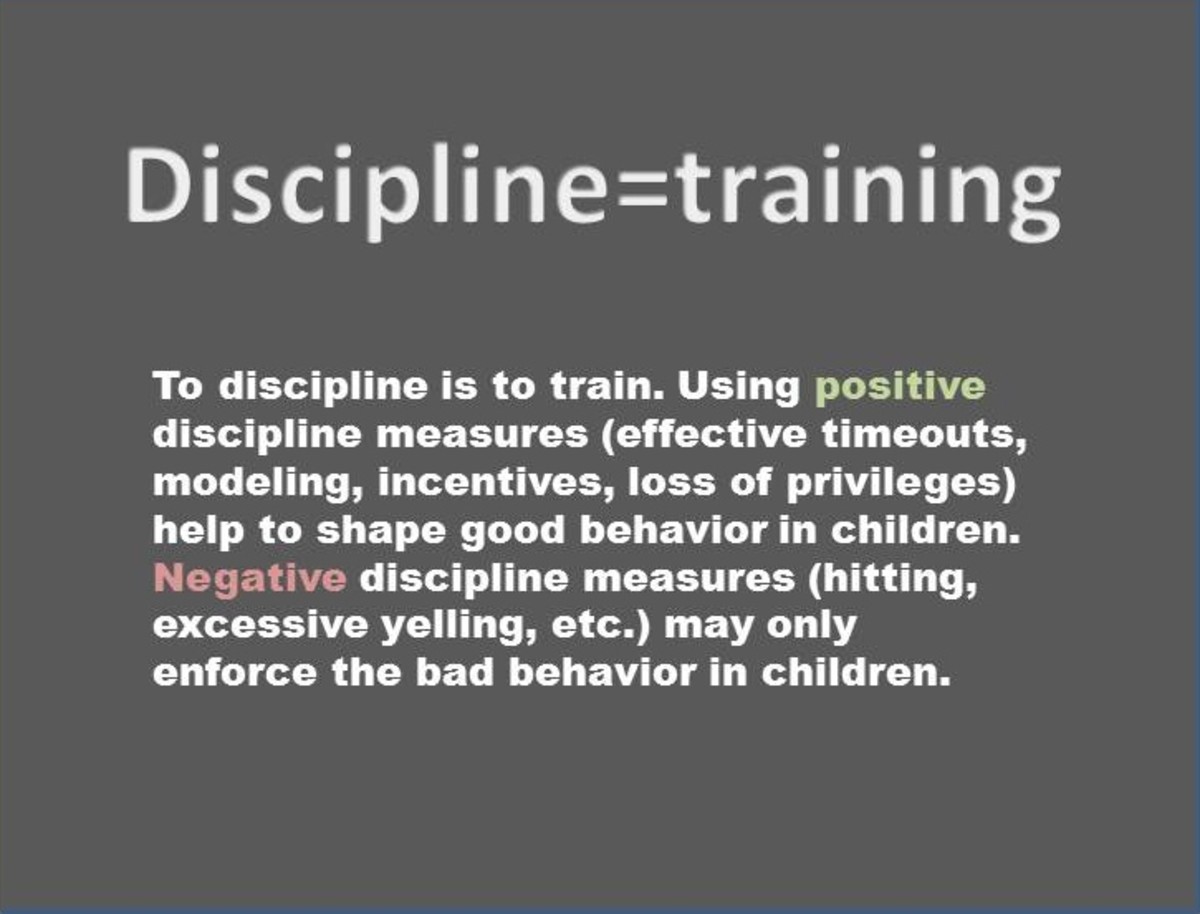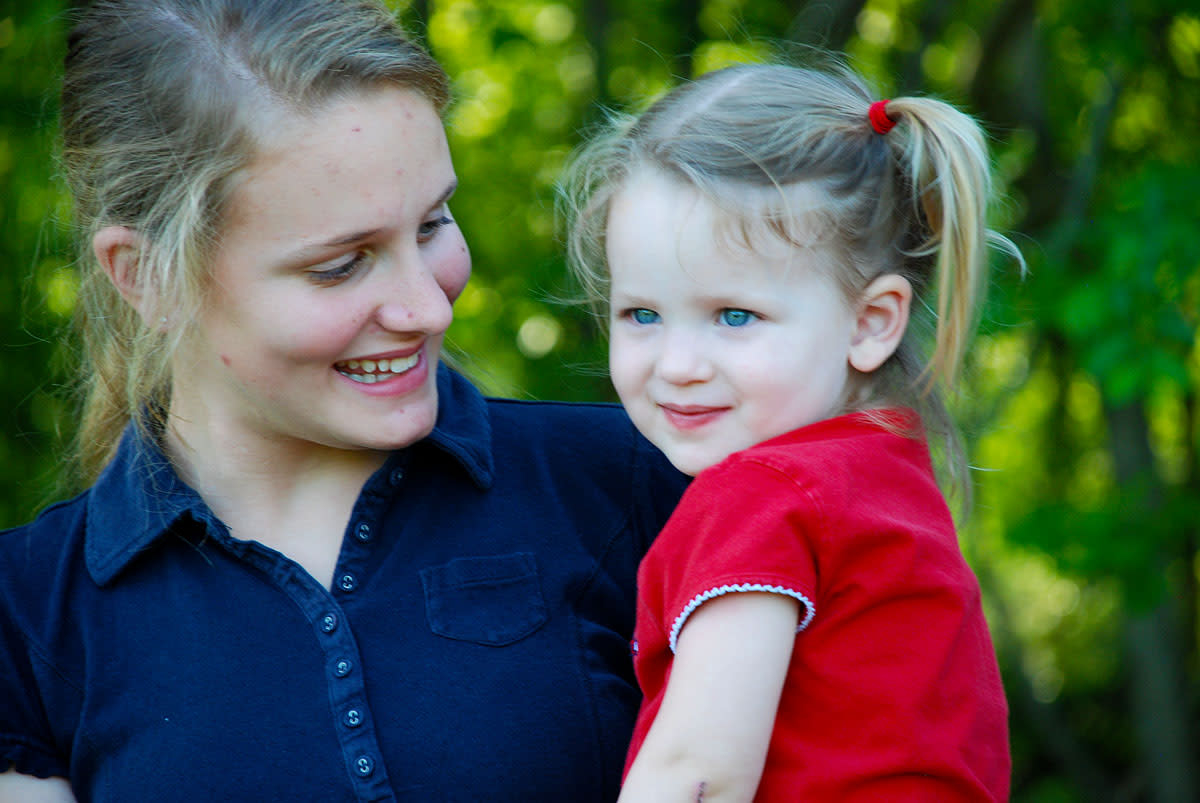How to Keep Your Children from Being Jealous of Each Other
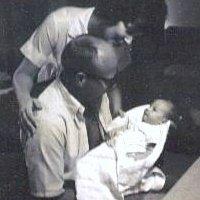
The First Born; The Oldest
All attention goes to the first born. New parents want to be perfect parents and cannot; that is impossible. New parents also believe that their new baby is perfect; that is impossible. A baby is an imperfect human, just as the rest of us are. This baby is precious and wonderful. But trust me there will be times when this beautiful bundle of perfection will drive you crazy.
When a couple has their first child, it is no less than a major life changing experience. It’s no longer about me. It’s no longer about you and me. Here is an innocent baby that we brought into the world, and it is our responsibility to provide all he or she requires. There are huge hurdles to conquer, and major adjustments are necessary. This being said, it will be one of the most special times in your life. All the sacrifices are well worth the joy of being a parent.
Attention from other family members and photos will be abundant. The new family addition is the highlight of the family, on both sides. Sometimes this can cause tension, and in most cases it’s the perfect amount of attention. The latter giving Mom and Dad some peaceful, romantic, alone time, which is highly recommended.
Unfortunately, this first born bundle of perfection is subjected to extreme pressure to set positive examples for the rest of the children to follow. Obviously, this child is older than the others, and expectations will be greater than that of an only child. When the next child is born, the older child sometimes feels pushed aside as family and friends dote over the new bundle of perfection. This can build feelings of resentment from the older child to the younger, innocent child. At this point, it’s as if his or her parents don’t realize they are torturing their first born child. Much jealousy stems from this type of treatment.
Be sure to share love, time and praise with the older child as much as possible, without neglecting the newborn. Especially when relatives come visit your new born second child, immediately back off and allow the relatives to provide attention to the new baby and play with the oldest child. Use it as an opportunity to show him or her how important they are. Let your eldest determine what game to play, or ask questions about his or her day and his or her friends, or what he or she would like to talk about. Always praise the elder child, on a daily basis, for the terrific duties they display as an older sibling, and being such a good child in particular. Praise the eldest for his or her special talents whether it is drawing, telling jokes, friendship and kind heartedness, artistry or sports. The oldest child is still a child. Allow mistakes and correct them accordingly, as you would any other child regardless of their place in the “line up” of the family order.
In the family line up, which child are you?
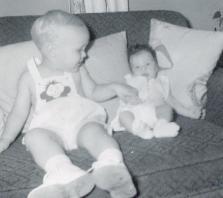
The Middle Child
As thrilled and excited the second or third child’s arrival may be you have been in this position before. The excitement, fear, and effort will lessen, since we now have experience. Now we have a new little bundle of perfection. It is important to always take into consideration the crazy hormone levels of the mother and the pressure she is under to be the perfect Mom. This is as important when the first child is born, as well. In addition, Daddy is often overwhelmed with a loss of what to do with his wife during these times of crazy hormone fluctuations, as well as the burden of providing for one more mouth to feed, school costs, college, weddings, and the additional responsibility of protection.
All children, in fact all people, have special talents. People in the same family often have different talents. Comparing talents between children is extremely unhealthy. It is very important to focus on the good your child does according to his or her talent and ability, no matter how miniscule you or your spouse may think that talent is.
The middle child is exactly that; caught in the middle. This child is expected to set an example for the baby (if and when the new baby comes), yet live up to the accomplishments of the older child. Most of the time, this is a subconscious action of the parent or both parents. It’s as if they don’t realize they are torturing their middle child. Much jealousy stems from this type of treatment.
Be sure to share love, time and praise with the middle child as much as possible, without neglecting the other children. When relatives come to visit be sure to mention the talents of all the children. Create an opportunity to show family how important each child is, and the accomplishments they have achieved. Always share equal amounts of time and attention to each child and encourage the relatives to do the same so that each child feels special. There is tremendous pressure on the middle child to feel as though they fit in. Please reiterate the importance of their role in the family; their role in life. They have much to offer the world and their contribution is just as important as the oldest and the youngest of the family.
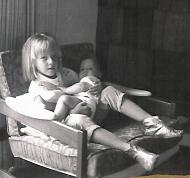
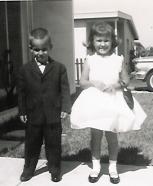
The Baby; The Youngest
The baby of the family is always in fear of not living up to the older children. They often feel left out because the older children are able to do things that the baby is not old enough to do. That is just one of the hard facts of life. The baby cannot possibly make an excellent grade in school, if they are not in school yet. A six year old cannot possibly be allowed to go out on a date, especially when they probably still think the opposite sex has cooties. However, they watch the older sixteen or seventeen year old sibling primping and preparing, in excitement, for an evening of fun and romance. A two year old can’t understand why he or she has to go to bed when the older siblings are allowed to stay up and watch movies and have popcorn, or go roller skating with their friends, or be a cheerleader or baseball player at school. This leads to a feeling of not being good enough or just plain being left out.
On the other hand, the baby is usually spoiled. After two or three children, the parents know that their baby is a beautiful bundle, but not of perfection. Children are a tremendous amount of work, and frankly, it’s just easier to pacify the baby, therefore, spoiling the child. The baby of the family is less likely to learn the hard lessons of discipline and disappointment than the other children who are forced to learn from the school of hard knocks. The older siblings as well as the parents are contributors. This truly does a disservice to the child and does not prepare them for real life.
As the baby gets older, and even into adulthood, they are rarely taken seriously by other members of the family. They are always seen as the “baby”, the one who needs help protection and guidance. Sometimes the ideas and adventures of the family baby are disregarded and considered immature behavior or temper tantrums. They often make an attempt to be heard, seek attention, and to be taken seriously.
Many youngest children are seen as less than intelligent, responsible or creative. When, in fact, they just may surprise the family if given the opportunity and encouragement to shine.
Be sure to share love, time and praise with the youngest child as much as possible, without neglecting the other children. When relatives come to visit be sure to mention the talents of all the children. Create an opportunity to show relatives how important each child is, and the accomplishments they have each achieved. Always share equal amounts of time and attention to each child and encourage the relatives to do the same so that each child feels special. It is important to take the time to explain to the youngest that he or she will have their moment to experience what the other children have learned and enjoyed. Teach them to learn from their siblings’ mistakes and accomplishments, and to develop his or her own interests, talents and most importantly, to grow, identify and live life as their true selves.
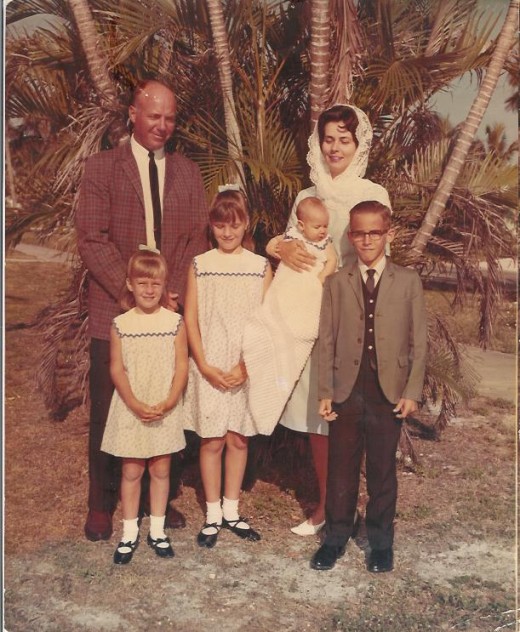

The Family Unit
Communication is the foundation for any type of relationship. It is the parents’ role to allow their child the comfort to communicate with them, at any age. Sometimes this can be very difficult since the parent may not hear things they want to hear. Nonetheless, they will know where their child stands, what they are exposed to and experiencing and can guide their child accordingly.
Praise and Punishment are also of the most importance. They are tools to help keep an open relationship with your child. Whether you child is a boy or a girl, the parents are responsible for setting ground rules and boundaries; all the while, keeping an open line of communication. This sounds like a fairytale in some cases, but it is possible. It takes a lot of work and creativity. Nobody ever promised an easy road for parenting. This is the most difficult job in the world. Punishment is the part that nobody likes, but it is absolutely necessary. Be strong, consistent, and forceful when punishment is required. Just be sure to give praise more often than punishment.
It is also important to encourage sibling relationships and special time together. Siblings, once they are older, should spend quality time together. It should be fun, however, that is difficult to do as well, sometimes. It is also important to find time for each child to spend individual time with each parent. Some fun is important, but individual talking is especially important. Making each child feel special by implying they are the most special, is encouraged. However, no lies, just implications (sort of a positive manipulation tactic) accenting the positive attributes that child has.
Parents need to realize that each child is a different human being with different talents, hobbies, interests, and ways to express themselves. Allow those differences in each child without criticism (within reason), and do not compare them. Praise for accomplishments and talents are also encouraged. Abuse, whether verbal or physical, of any kind cannot be tolerated in the family unit amongst any members!
Family discussion, usually at dinner time, with respect for all opinions and taking turns uninterrupted, is a great way to share and get to know and continue to know those closest to you. Sharing, selflessness, and turn taking should be taught from an early age.
I hope this is helpful to keep your family unit peaceful, loving and fun!
"Be kind to one another" ~ Ellen
God Bless You ~ Margaret Sullivan


